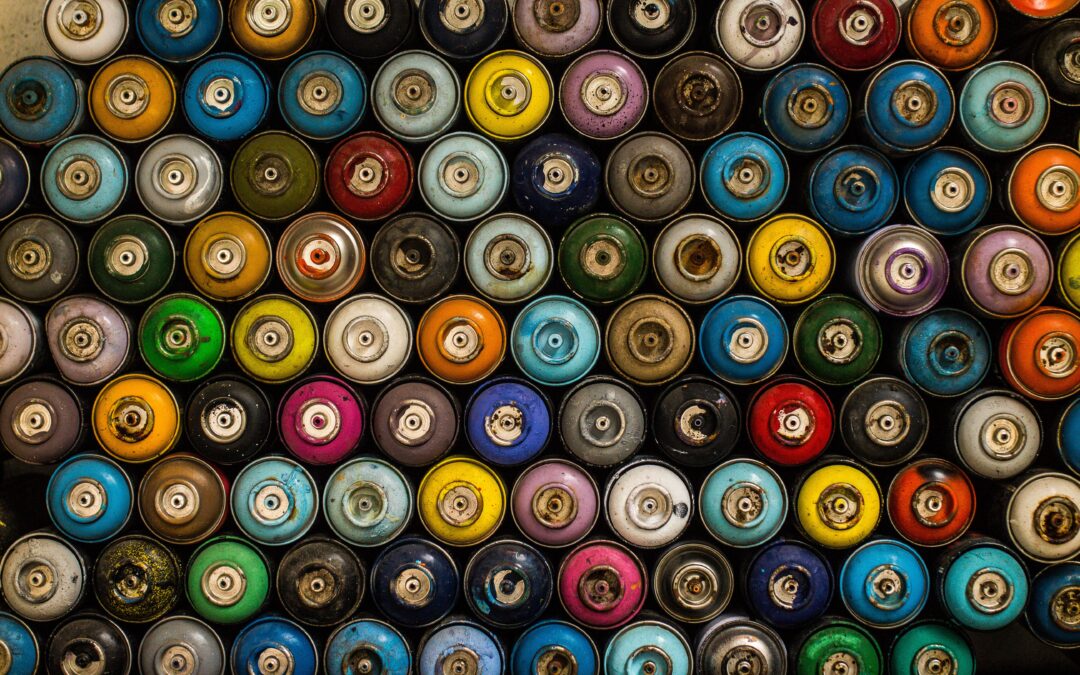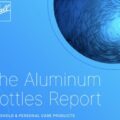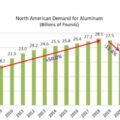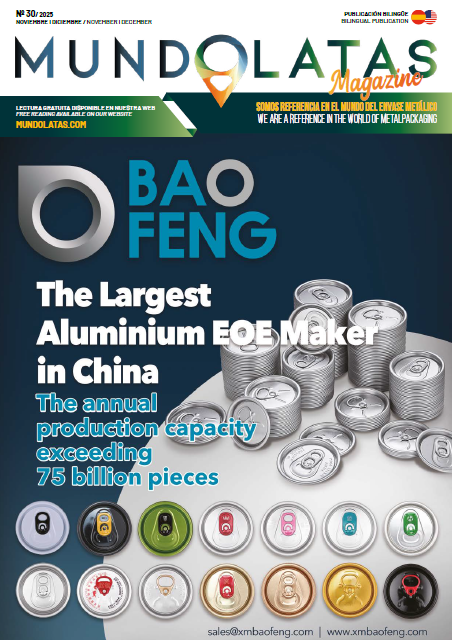The aluminum tube and aerosol can manufacturers organized in the Tube, Can and Impact Extruded Parts Division of the German Aluminum Association (Aluminium Deutschland e. V.) are generally satisfied with their deliveries to the German market in 2022.
By the end of 2020, demand decreased the production of aluminum tubes by 2%, but the total volume of 765 million was still considered “acceptable” in view of the shortage. Aluminum aerosol cans experienced a significant increase with an extra 15% to 573 million during 2022.
Tubes, particularly for the pharmaceutical business, managed to maintain a considerable reduction in supplies. Unfortunately, the food and housing sectors were not able to meet the demands made by the economy.
Aerosol cans occupied a prominent place in the deodorant market, however, excellent profits were also obtained for other hair care related products. Customer satisfaction contributed to the good result.
The industry continues to view sustainability as a major issue, especially given the expected increase in energy prices by 2022. Aluminum containers are very well positioned in terms of sustainability thanks to their convincing material properties, which ensure optimum product protection, and their excellent recyclability.
In addition, energy price declines reach industry and consumers with a noticeable lag. Therefore, further energy savings will remain a central task for companies in 2023; especially since energy prices are not expected to return to pre-crisis levels. Skills shortage as one of the biggest challenges “One of the biggest challenges in the coming years will be the obvious shortage of skilled workers,” said Division President Clemens Behrenbruch.
“Working on the shift production line is not popular among junior staff of the so-called ‘Generation Z’. Here it is important to increase the attractiveness of modern, meaningful and crisis-proof work in the sustainable aluminum packaging industry through innovative company management, production planning and employee concepts. This also includes continuing to work to improve the image of packaging, which is still wrongly reduced to the idea of waste by large sections of the population. Only in this way will the industry succeed in the fierce competition for skilled workers.”
The year 2023 presents itself with a number of questions. Currently, the existing order backlog makes the industry cautiously optimistic for the first quarter, according to the organization.
“However, if consumer confidence and demand in the consumer goods markets deteriorate due to the expected recession in Germany and the continued loss of purchasing power, the situation could worsen from the second quarter of 2023 onwards. Continued good demand from the pharmaceutical sector could have a stabilizing effect. However, there are still too many question marks for a reliable medium-term forecast.” Behrenbruch concluded.














